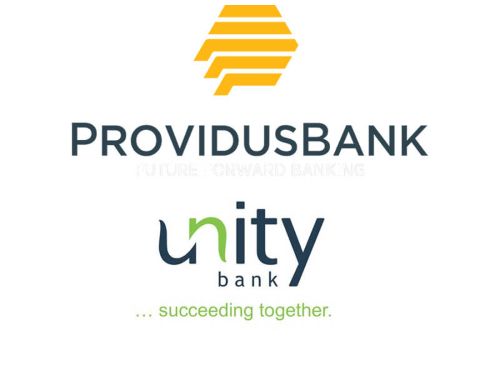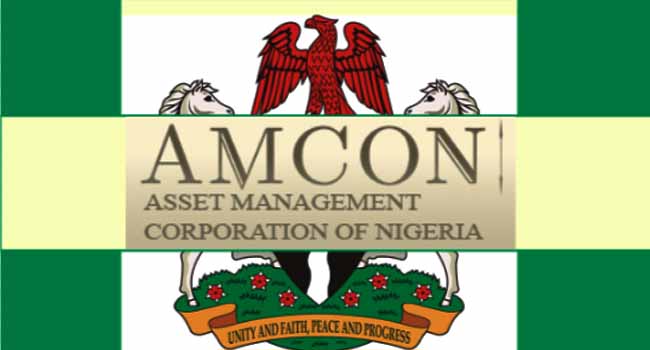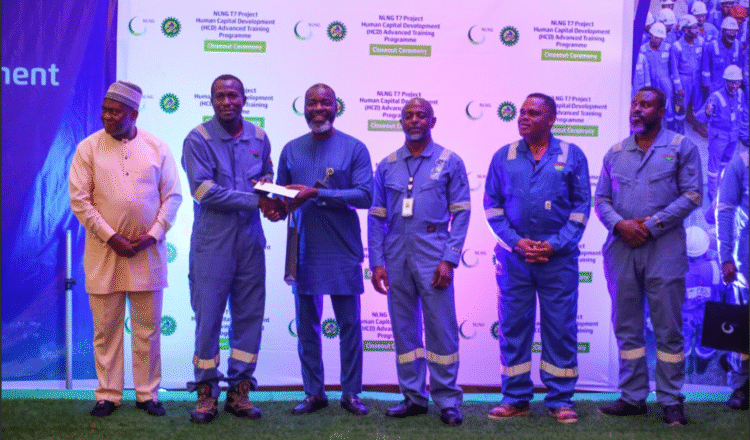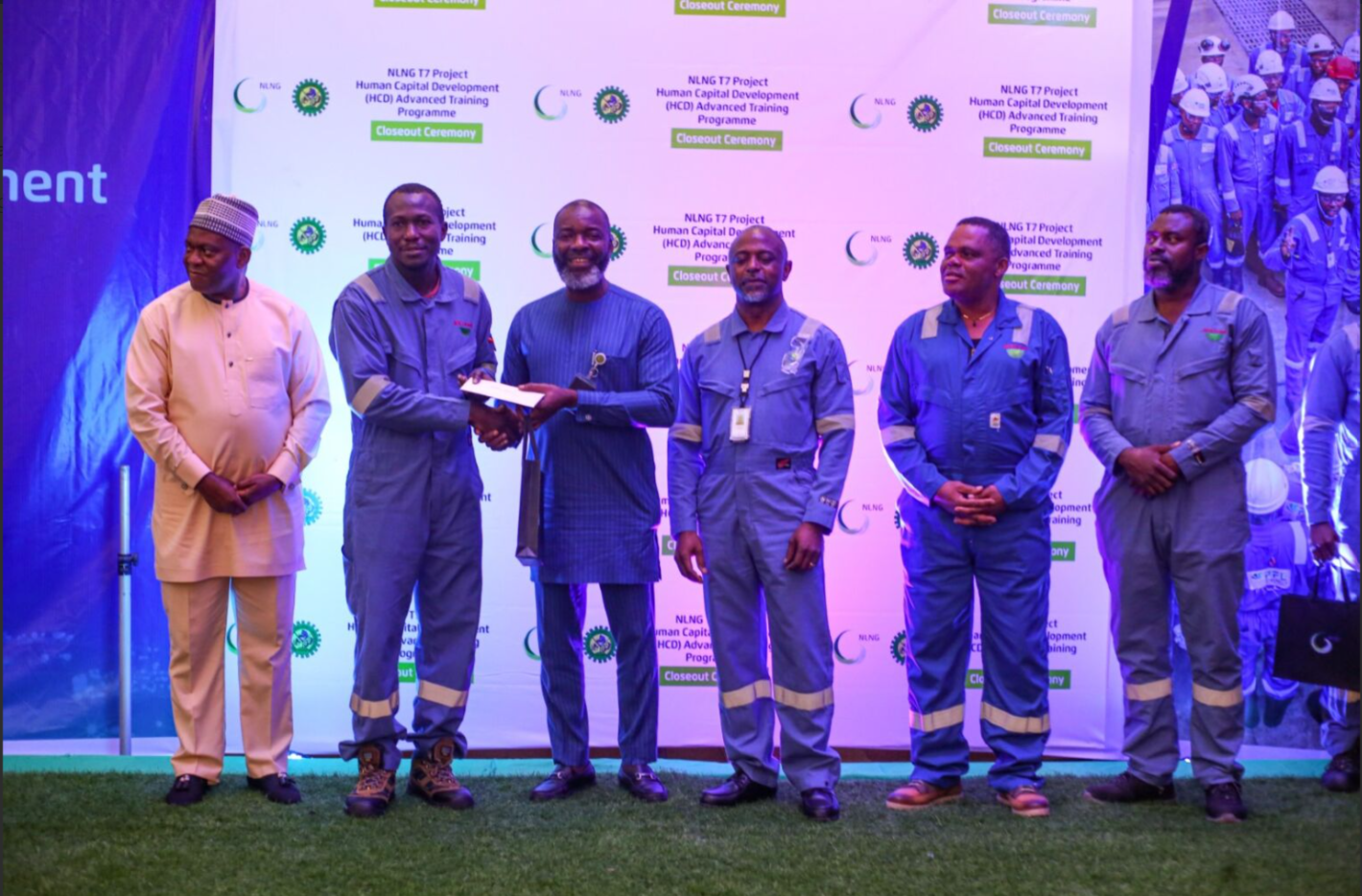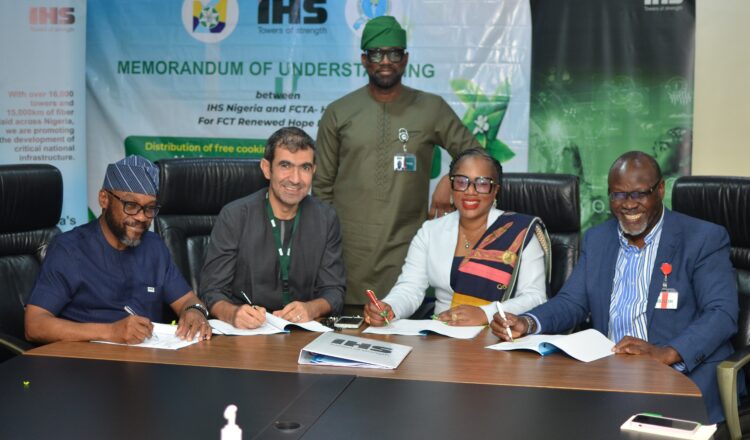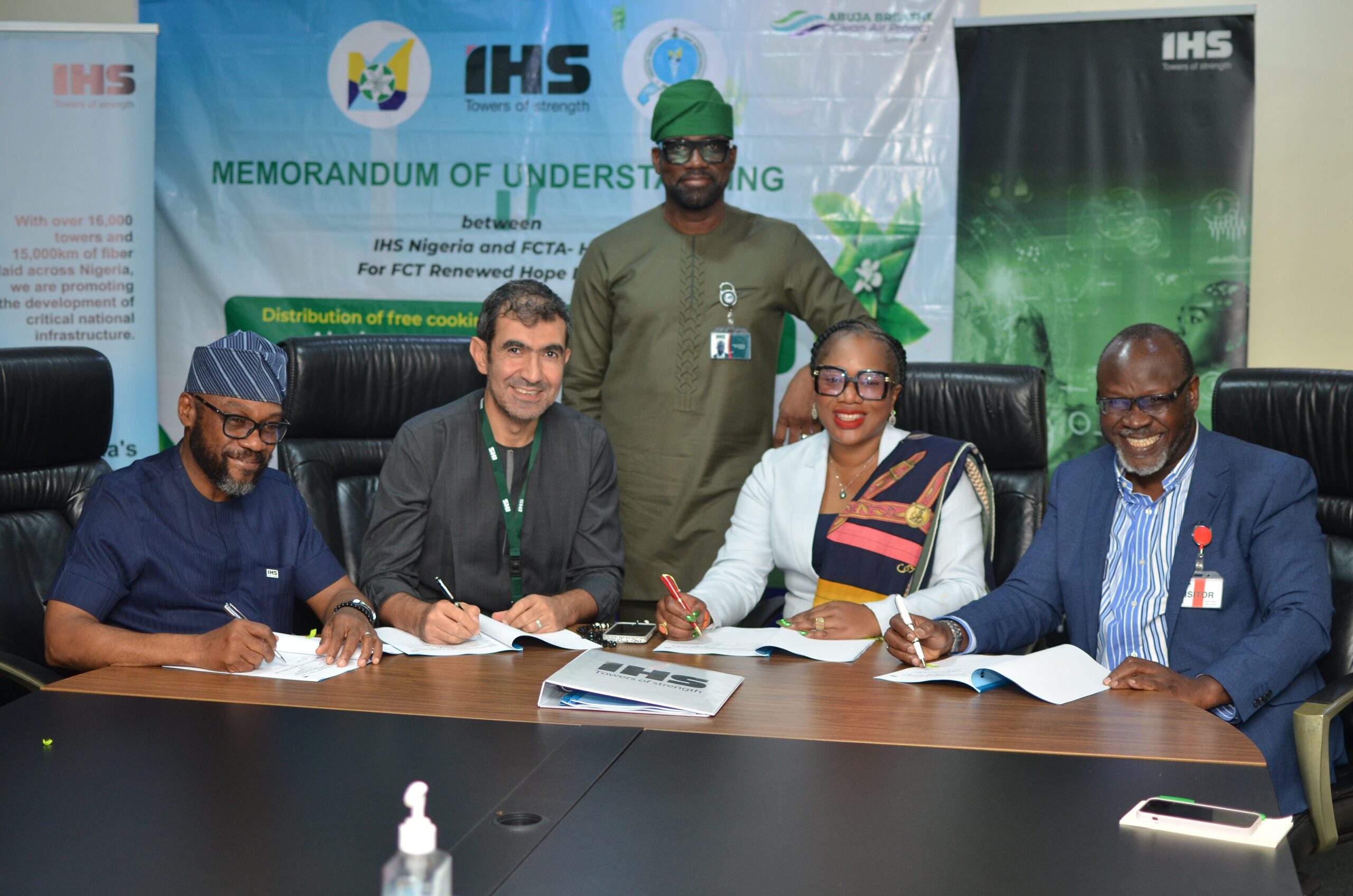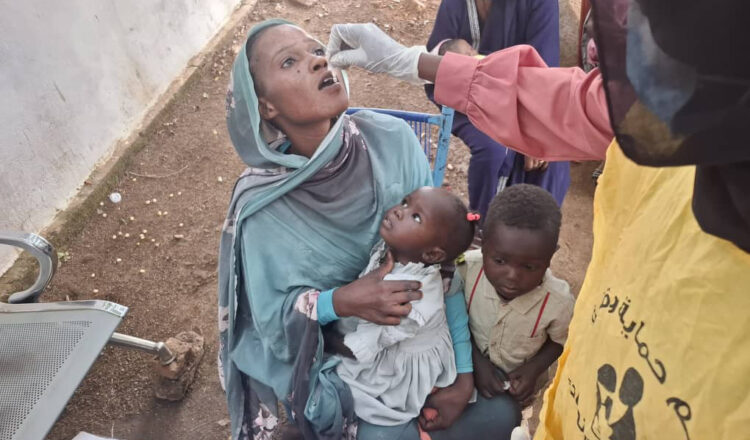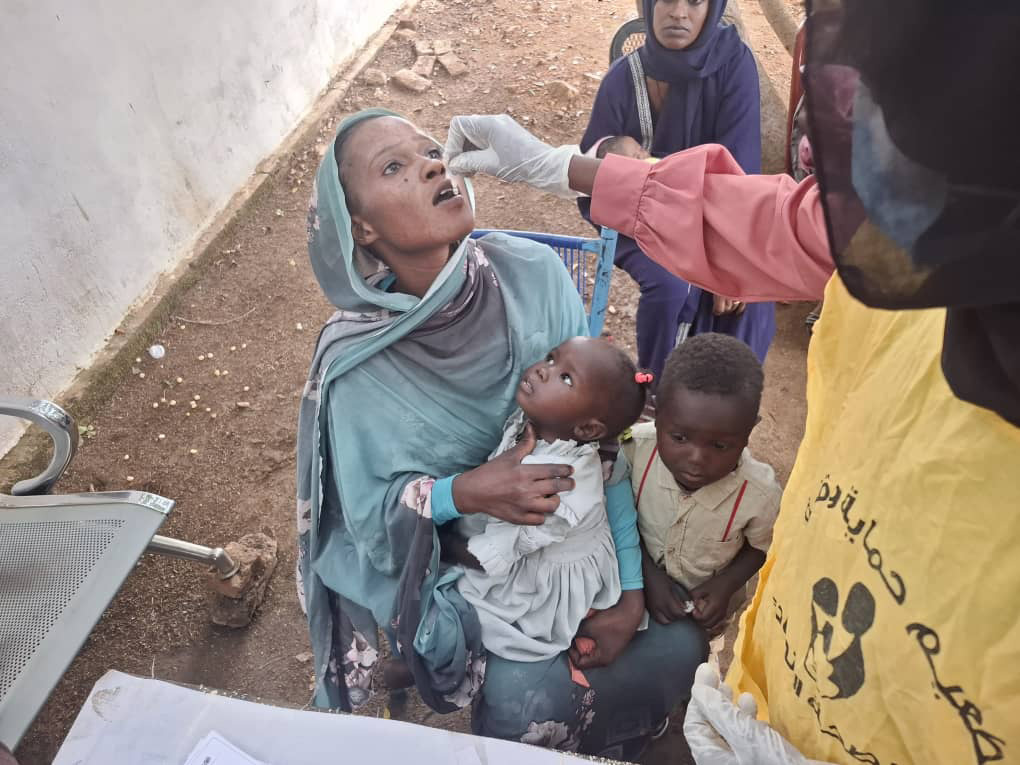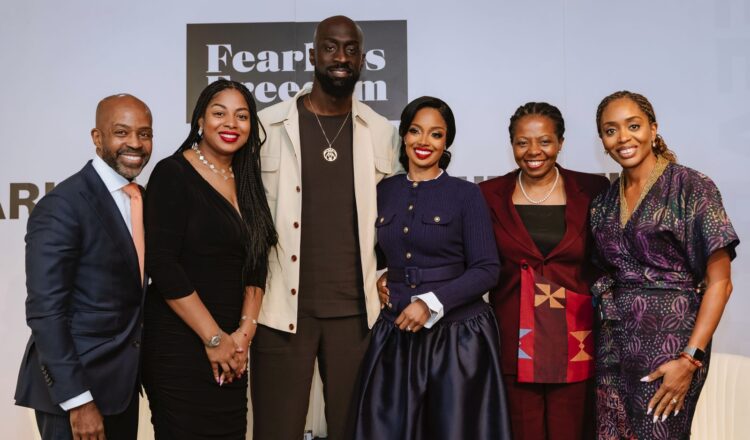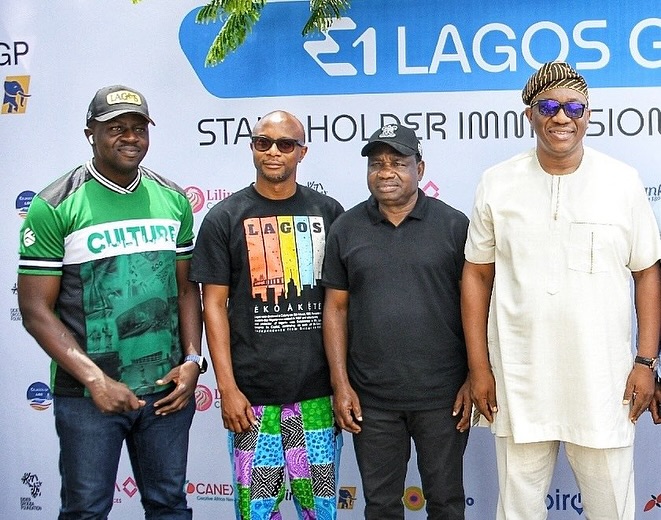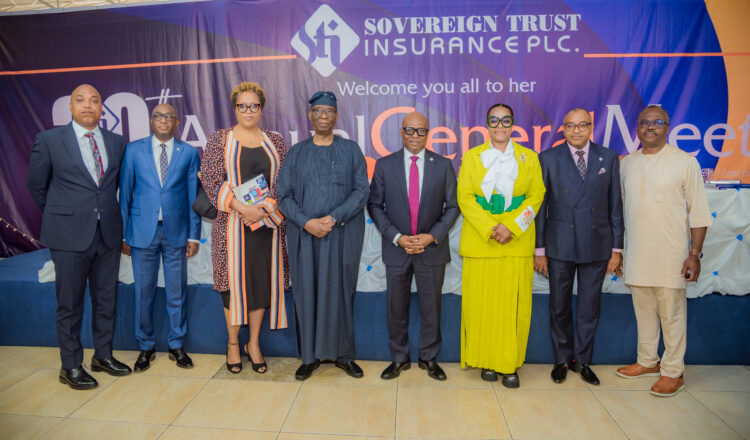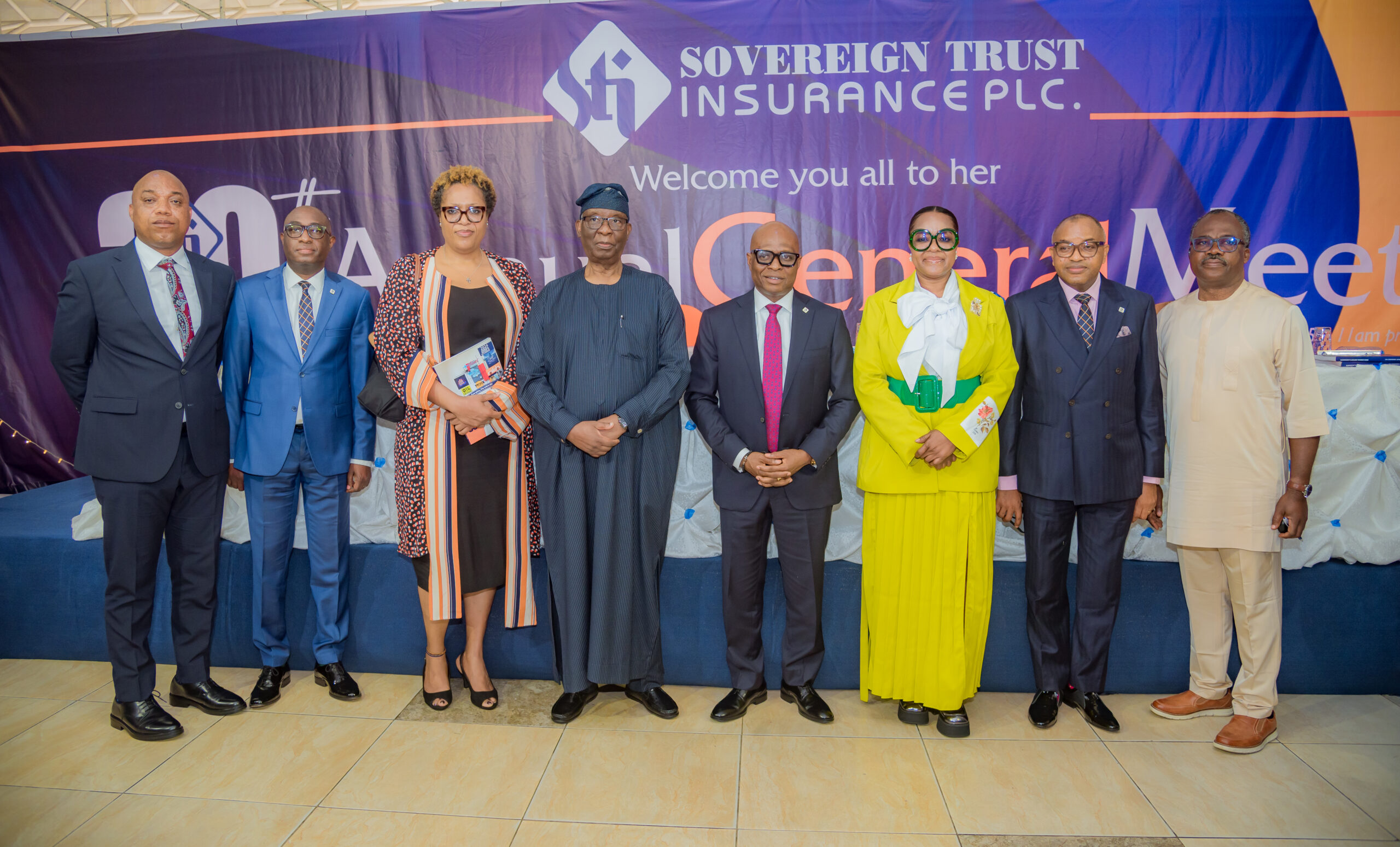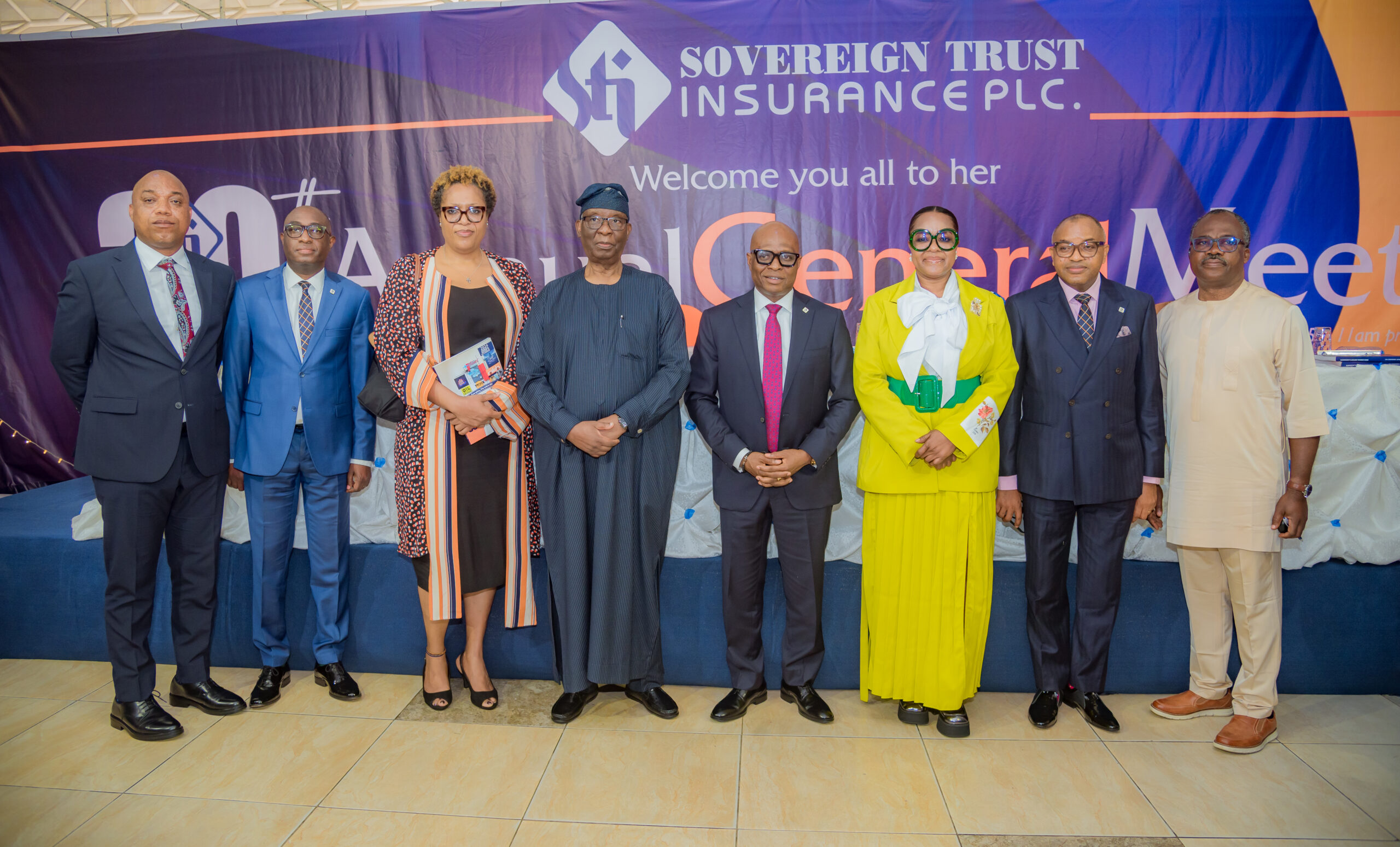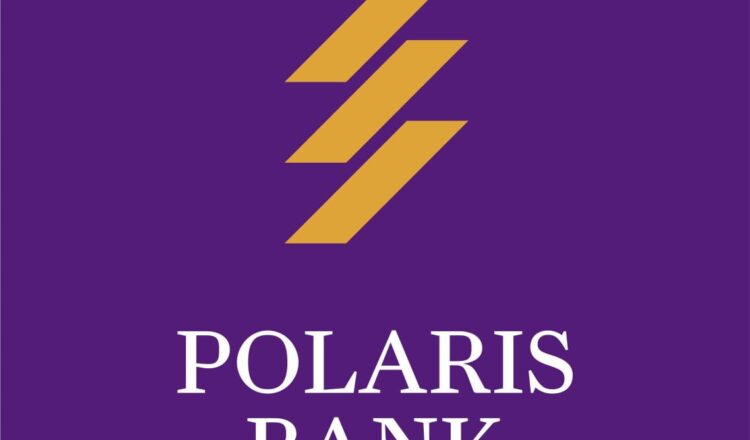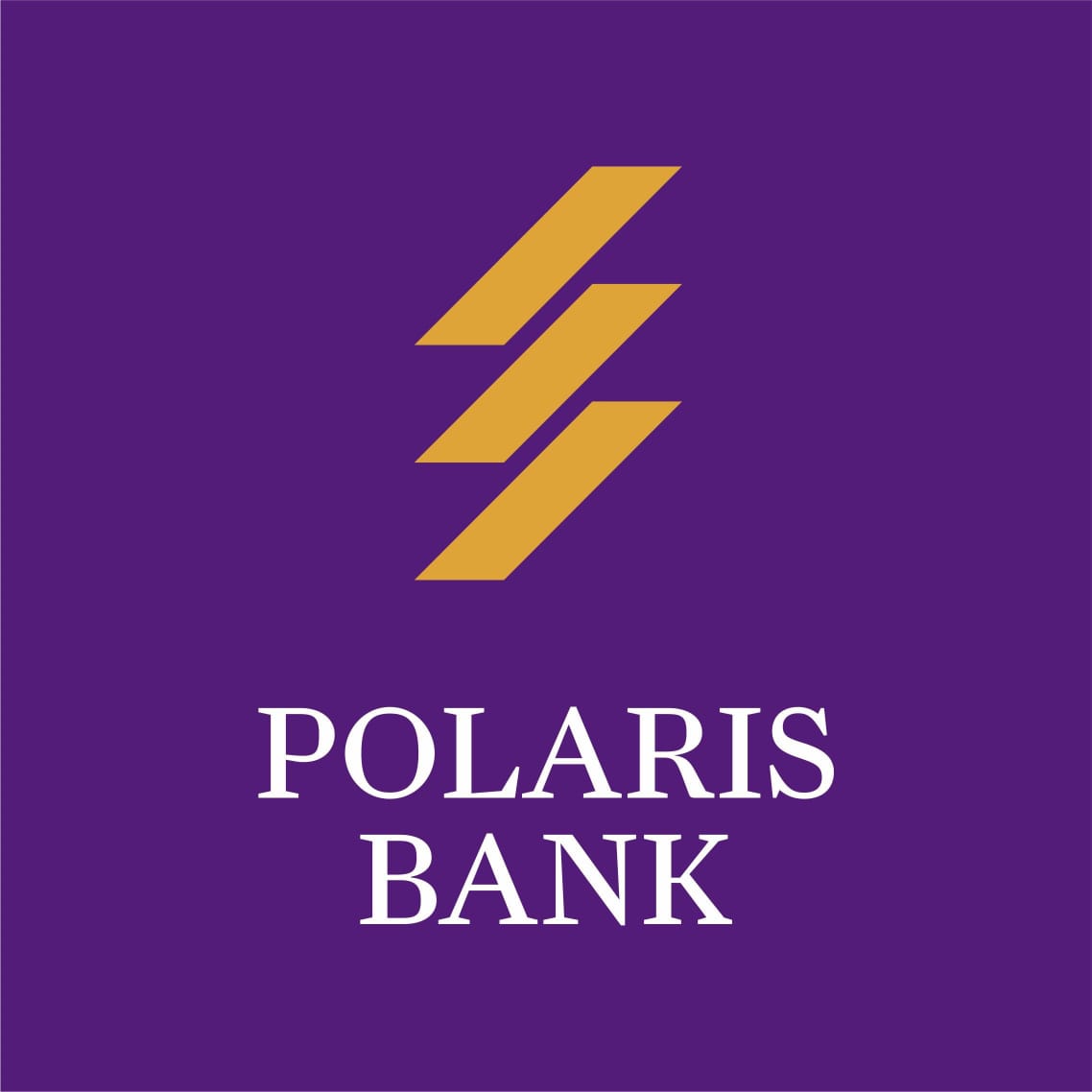By Winifred Bosa
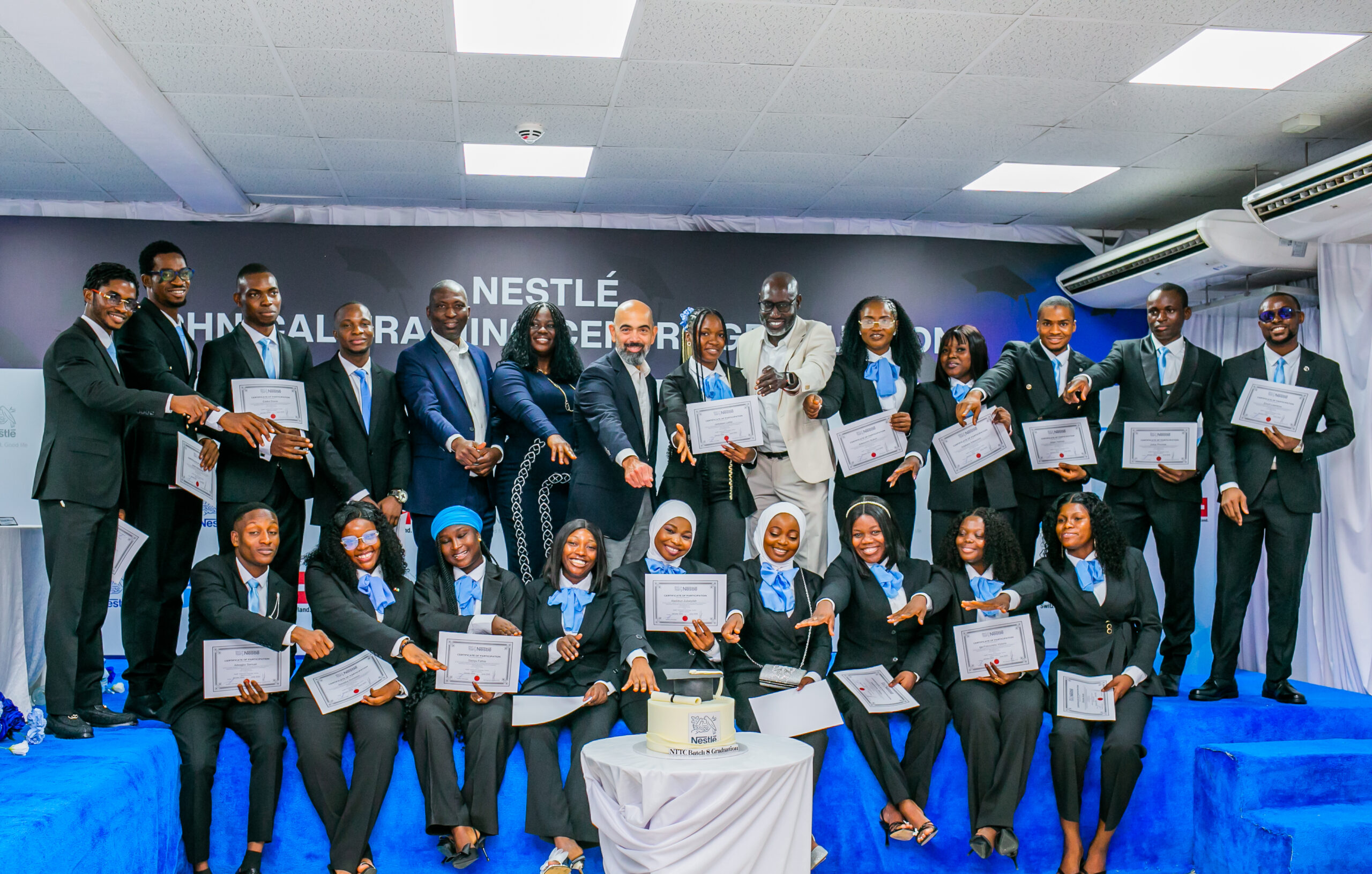
Nestlé Nigeria has reaffirmed its dedication to youth empowerment and skill development with the graduation of twenty young trainees from the 8th cohort of its Nestlé Technical Training Center, Agbara. This initiative is part of the broader Nestlé Needs YOUth program, a global commitment launched in 2013 with the goal of enabling 10 million young people worldwide to access economic opportunities by 2030.
Since its establishment in 2011, the Nestlé Technical Training Center, Agbara has invested more than ₦6 billion in equipping young Nigerians with hands-on technical and vocational skills. The program offers comprehensive training in food technology, engineering, and manufacturing operations, giving participants the practical expertise they need to thrive in today’s industrial landscape. By empowering youth with employable skills, the initiative not only supports individual growth but also contributes to Nigeria’s industrial capacity and sustainable economic development.
The latest graduates completed an intensive 18-month curriculum that blends theoretical and practical engineering education. Their training culminated in the prestigious City and Guilds of London Technicians’ Certification, significantly enhancing their employability in Nigeria and beyond.
Since its inception, the Nestlé Technical Training Center has trained more than 200 young professionals across its three locations: Agbara, Flowergate, and Abaji factories. Impressively, 95% of alumni have secured employment with Nestlé Nigeria, where they apply their technical knowledge in practical roles.
Speaking at the ceremony, Mr. Wassim Elhusseini, Managing Director/CEO of Nestlé Nigeria, said:
“Each graduation ceremony is a true privilege because it allows us to witness firsthand the life-changing impact of the Nestlé Technical Training Center. Many of our graduates have gone on to build remarkable careers, including one who now serves as a Factory Engineer in Angola, and several others excelling as Engineering and Production Supervisors. From this class, five outstanding graduates will embark on an eight-week internship in Switzerland starting this October, under the framework of our Memorandum of Understanding (MoU) with the Embassy of Switzerland in Nigeria.
There, they will sharpen their technical expertise and gain valuable global exposure. These achievements go far beyond individual success, they uplift families, strengthen communities, and contribute to Nigeria’s industrial growth.”
Highlighting the broader impact of the Technical Training Centers within the Nestlé Needs YOUth initiative, Mr. Shakiru Lawal, Country Human Resources Manager at Nestlé Nigeria, said:
“The Nestlé Technical Training Center is a cornerstone of Nestlé Needs YOUth, which empowers young people across Nigeria through four key pillars: employability, skills development, support, and access to opportunities. Beyond the training centers, our initiative includes programs such as the Nesternship Program, a virtual internship platform that allows young people to gain practical experience remotely; the Nestlé Youth Development Program, which provides training and mentorship to enhance employability; and our active participation in the Alliance for Youth Nigeria, a collaboration offering apprenticeships, traineeships, and job opportunities. Through these efforts, we reach an average of 25,000 young people annually, helping them build fulfilling careers and contribute to the growth of our communities.”
In a goodwill message delivered on his behalf by Adenike Aderonke, Director of Social and Labour Affairs, the Director-General Mr. Adewale Smatt Oyerinde of the Nigerian Employers’ Consultative Association (NECA) praised the Center’s role in shaping future talent.
“This program reaffirms our belief that skills are the future of work, especially for young people in today’s competitive environment. To the graduands, I extend heartfelt congratulations. Strive for excellence in your endeavors, uphold values of consistency, and make a positive impact in your chosen fields.”
Also present at the ceremony were His Royal Highness, the Alagbara of Agbara, Oba Lukman Jayeola Agunbiade, along with representatives from the communities.
“I am proud to see a program that gives our youth real skills and opportunities,” Oba Lukman Jayeola Agunbiade said. “It is especially wonderful to see young people from my community succeeding through this initiative. I encourage these graduates to lead by example and inspire others to make the most of education, training, and personal development.”
With every edition, the Nestlé Technical Training Centres continue to strengthen Nigeria’s industrial workforce, equipping young people with the skills to build sustainable careers and drive national growth.
About Nestle
Nestlé Nigeria is Africa’s top food and beverage company, known for its quality, excellence, and commitment to creating shared value. With a heritage of more than 63 years in Nigeria and its house-hold brands, the firm continues to ensure the availability and accessibility of nutritious food and beverage products. In addition, the firm supports the communities closest to its operations and takes action to safeguard the environment through sustainable business practices.
With over 2,300 direct employees, 3 factories and 7 branch offices across Nigeria, Nestlé produces and markets iconic brands including Maggi, Milo, Golden Morn, Nestlé Pure Life and Cerelac.
